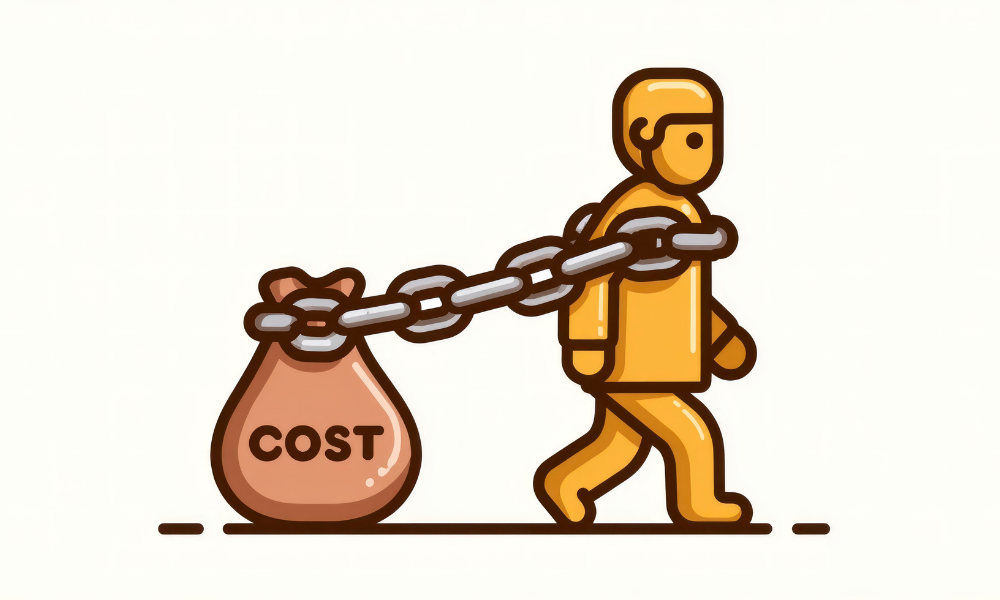The Ontario government has debuted the Protect Ontario Financing Program to help local businesses affected by the increased US tariff rates, such as those in the steel, aluminum and auto sectors.
This marks the initial phase of the $5 billion Protecting Ontario Account included in the 2025 Budget. The program provides up to $1 billion in loans as liquidity support, protecting workers and operations.
It will also help prevent closures and layoffs and shield vital supply chains from the effects of economic uncertainty by supporting businesses’ issues with payroll, lease payments, and utility payments.
The Ontario government has created a website laying out the program details. Qualified businesses will be determined through a comprehensive assessment and due diligence process, ensuring the responsible use of taxpayer funds.
Businesses can complete an eligibility tool to determine if they qualify for loan support; those who are eligible under the preliminary requirements will be advised regarding next steps. A third-party financial agent will conduct the first screening.
Businesses can still avail of loans and loan guarantees from the federal government, which has also launched the Export Development Canada Tariff Impact Program, the Business Development Bank of Canada - Pivot to Grow Program, and the Large Enterprise Tariff Loan Facility.
Nonetheless, the Canadian Federation of Independent Business pointed out that the eligibility criteria favoured large businesses by requiring at least $2 million in annual revenue, a loan requirement of at least $250,000, and the exhaustion of all federal options.
“As our recent Auto Report demonstrates, current Ontario auto industry-related programs are designed with good intentions for larger businesses, but smaller businesses don’t qualify, and these programs don’t take into account the many small businesses that feed into the province’s auto eco-system, such as restaurants, retail stores, and services providers like cleaners,” said Angela Drennan, CFIB’s vice-president of legislative affairs (Ontario), and Julie Kwiecinski, CFIB’s provincial affairs director (Ontario), in a statement.




